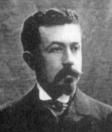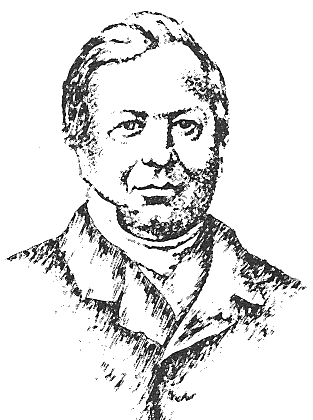Lundi 14 Juin 2010
journée printanière àCalais
Lieu : LMPA, Amphi C002
Programme
Developments on zero-sum problems in finite abelian groups, and some of their applications. The investigation of zero-sum problems in (finite) abelian groups is, on the one hand, a well-developped subject in its own right, and on the other hand results on this subject are important tools in several other subjects, in particular in Non-Unique Factorization Theory (a subfield of Algebraic Number Theory and Commutative Algebra). In this talk we present an overview of some problems and (recent) results in this subject. First, we discuss classical zero-sum problems, or variants of classical problems, of particular relevance in Non-Unique Factorization Theory (e.g., the Davenport constant). Second, we discuss some zero-sum problems, arising in Non-Unique Factorization Theory, of a form that is somewhat distinct from the classical one, as they are more "global" (e.g., half-factorial sets and questions on minimal differences).
Additive Combinatorics and Geometry of Numbers. As the prime number p tends to infinity, the group Zp looks more and more like the one dimensional real torus R⁄ Z. When made precise this analogy opens up a method to reduce a problem on zero-sums in finite abelian groups G to a problem in real combinatoric geometry. As applications we give inverse theorems for G=Zp2 and an upper bound for the largest possible size of a multi-set without a zero-sum of length p in G. Propriétés des chiffres de suites éparses classiques. Nous présenterons quelques résultats récents obtenus en collaboration avec Christian Mauduit, Bruno Martin et Michael Drmota sur les chiffres des nombres premiers, des carrés, des polynômes à valeurs entières écrits dans une base q>1 . Nous exposerons quelques éléments cruciaux de la preuve de ces résultats et nous discuterons de quelques problèmes ouverts.  Approximation diophantienne et ensemble de Cantor.
Les points de l'ensemble triadique de Cantor sont les réels de la forme ∑εk⁄ 3k avec εk = 0 ou 2. Mahler a conjecturé que ces nombres sont soit rationnels (triadiques), soit transcendants, et a posé la question plus accessible : How well can irrational elements of Cantor's set be approximated by rational numbers ? De nombreux travaux, tout récemment, tentent d'apporter une réponse à cette dernière question, et nous nous proposons de développer quelques-uns des résultats obtenus. |





